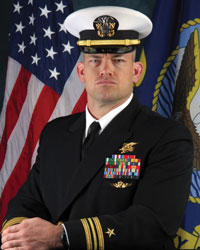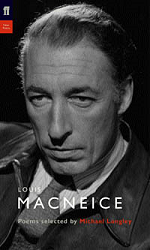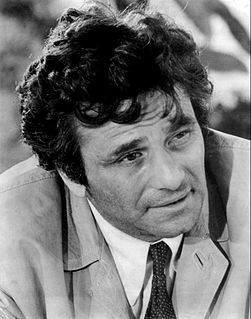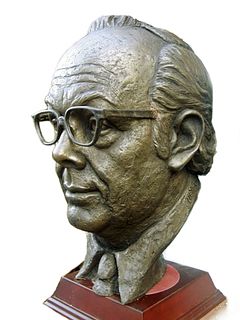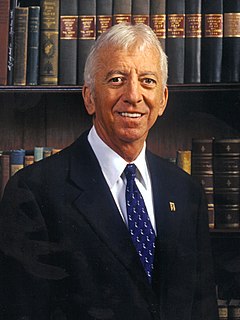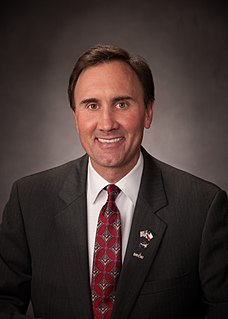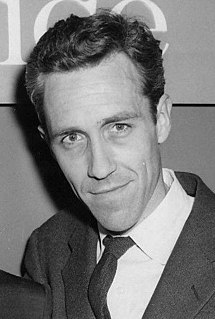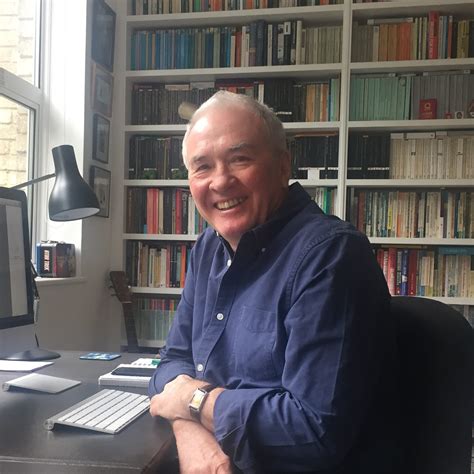A Quote by David Attenborough
Related Quotes
Growing up in the shadow of Johnson Space Center and moving to Texas to welcome our last moon mission home, I wanted to be an astronaut. Combined with my love for Navy history and World War II flight ops, and unsatisfying degrees in college and law school, I joined the Navy and became a naval aviator.
It is not surprising that only one medieval state, Venice, long possessed anything clearly identifiavble as a navy in this sense. We shall see that no state in the British Isles attained attained this level of sophistication before the 16th century, and no history of the Royal Navy, in any exact sense of the words, could legitimately begin much before then. This book, which does, is not an institutional history of the Royal Navy, but a history of naval warfare as an aspect of national history. All and any methods of fighting at sea, or using the sea for warlike purposes, are its concern.


